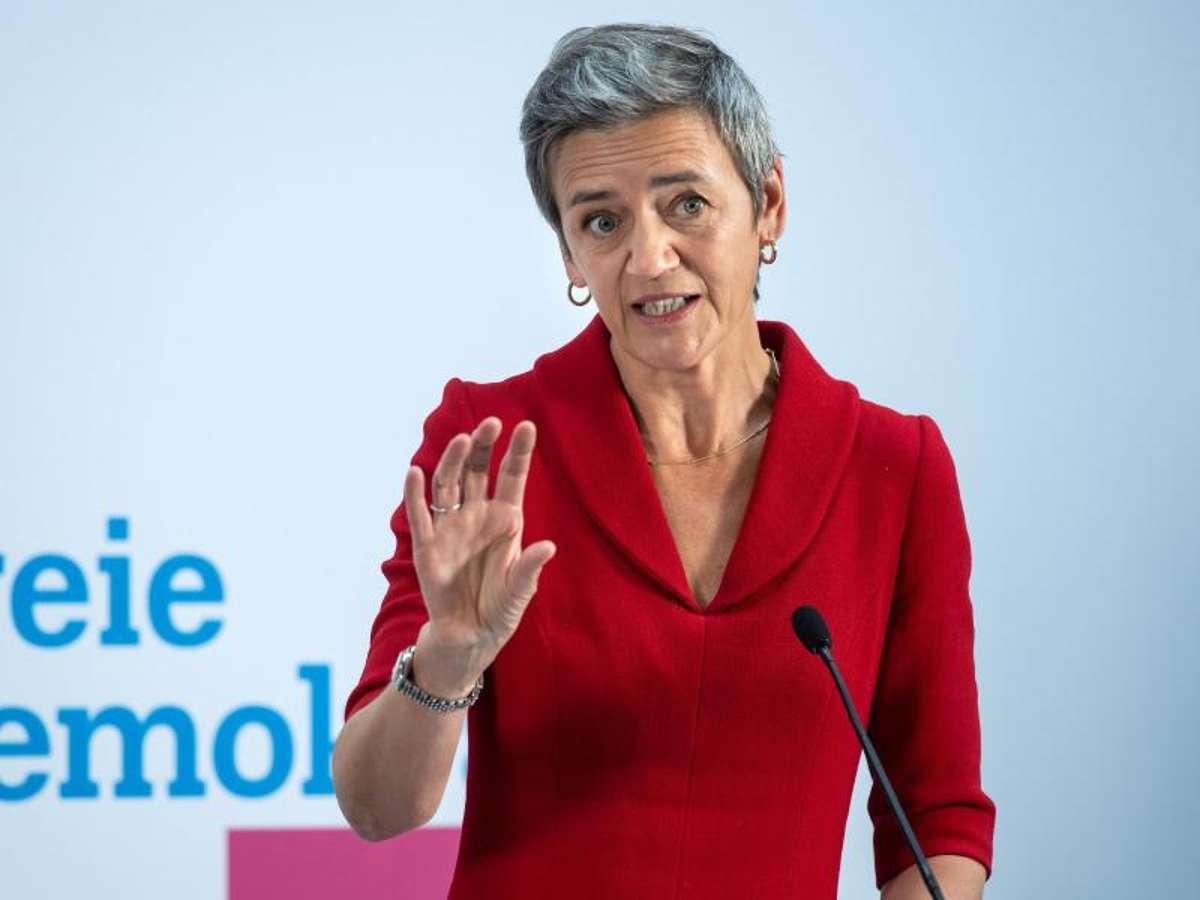The EU Commission does not want to add provisions for the “metaverse” that Facebook is planning in the short term to the two upcoming major legislative proposals to regulate the digital space.
BERLIN – The European Union Commission does not want to add provisions for the “metaverse” that Facebook has planned in the short term to the two main upcoming legislative proposals to regulate the digital space.
This was announced by European Commission Vice President Margrethe Vestager, who is responsible for digital, at a press conference in Berlin on Tuesday. “It’s 80 percent better now than 100 percent never,” Vestager said. “I know this sounds like an advertising slogan. But it does reflect part of my experience.”
Mark Zuckerberg, founder of Facebook, announced that it will create a “virtual environment in which you can be with people in digital spaces.” This metaverse should not only exist as an abstract utopia, it should also be put into practice in Europe in the coming years. Facebook understands the “Metaverse” as a world in which physical reality, augmented reality (AR) and virtual reality (VR) merge into the online world.
“There is still a lot of information about metaverses,” Vestager said. “But we know a lot about how the digital economy and digital democracy work.” These are the basis for the proposed legislation “Digital Markets Act” (DMA) and “Digital Services Act” (DSA).
The Digital Markets Act (DMA) deals with aspects of competition law. The Digital Services Act (DSA) addresses societal issues. Before implementing the EU Commission’s proposals, the EU countries and the European Parliament must agree on a line. Vestager predicts that this process could be completed in the first half of 2022 during the French presidency, so that at least the DMA can go into effect on January 1, 2023. “With DSA, it will probably take a little longer.”
© dpa-infocom, dpa: 211026-99-743797 / 2

“Certified gamer. Problem solver. Internet enthusiast. Twitter scholar. Infuriatingly humble alcohol geek. Tv guru.”





